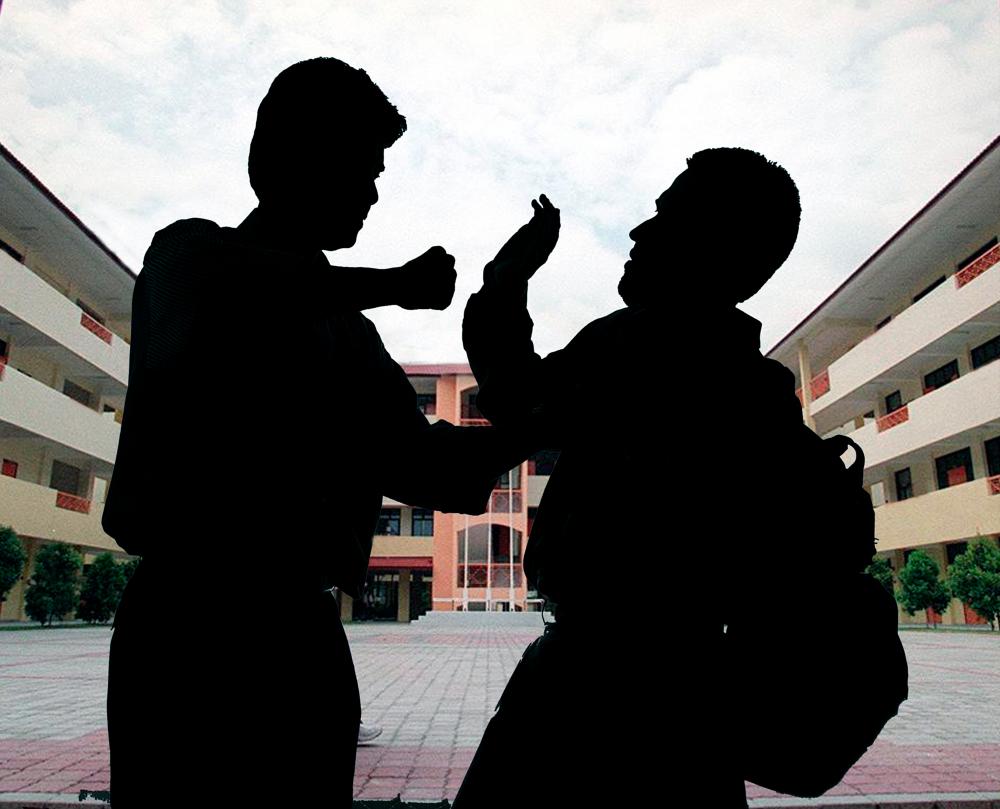PETALING JAYA: Bullying cases in secondary schools may be an expression of the perpetrator’s need to feel powerful or in control, and could be a symptom of more serious underlying problems, said senior clinical psychologist Dr Lavanya Pillai.
“Bullying might be a learned behaviour, a reaction to stress, or the way some deal with their issues. Family background can play a role too, so if a child is exposed to bullying at home, he might think it’s normal and do the same outside.
“However, every bully may have a different story,” she said.
The Education Ministry reported a total of 4,944 bullying cases up to October, compared with 3,887 cases last year.
In one case, a 14-year-old boy fled his dormitory in Cheras on Dec 9 because he could no longer endure the bullying he faced.
On Sept 24, a Form Four student was allegedly assaulted by his Form Five senior at a boarding school in Kuala Kangsar, Perak, while on May 19, a Form One student was assaulted by nine of his seniors in Penang.
Lavanya said some children who bully may have low self-esteem, difficulty regulating emotions, or lack empathy for others.
She said bullies may also struggle with social skills or have a history of being bullied themselves.
“However, not all children with these characteristics will become bullies, and not all bullies will have these characteristics.
“When students feel supported and valued, they are less likely to engage in bullying behaviour.”
On the other hand, Lavanya said when students feel isolated or unsupported, they may lash out at others.
“As a senior clinical psychologist, I’ve seen how a positive school environment with a strong relationship between students and staff can make a huge difference.”
She said working together to promote kindness and empathy can help children thrive and grow into caring and compassionate adults.
Lavanya urged parents and educators to help children develop strong social skills and positive relationships with their peers. Instilling respect can create a culture where all children feel valued and supported.
She said it is also crucial to create a safe and supportive environment where children feel comfortable expressing themselves without fear of judgment or ridicule.
Exposure to certain media or online content can also contribute to bullying behaviour.
“I have observed how exposure to violence or aggressive media can desensitise children to harmful behaviour,” she said.
Lavanya said parents can establish clear guidelines for online behaviour and monitor their children’s internet usage.
Some common warning signs include changes in a child’s behaviour, such as increased aggression or withdrawal from social activities.
National Association of Private Educational Institutions secretary-general Dr Teh Choon Jin said anti-bullying campaigns in schools that were carried out in the past helped to reduce bullying incidents.
However, he said not all schools implemented such campaigns.
“It’s vital to foster positive relationships among students through mentoring programmes and collaborative activities while enforcing clear anti-bullying policies within the school,” Teh said.
Lavanya says some bullies may have low self-esteem, difficulty regulating emotions or have a history of being bullied themselves. – Syed Azahar Syed Osman/theSun









